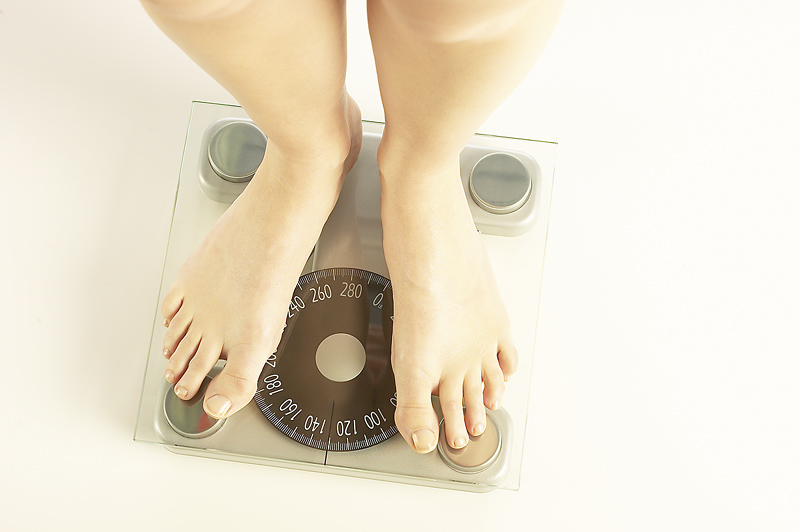
FRIDAY, July 20 (HealthDay News) — People who have certain chronic medical conditions, such as type 1 diabetes, are even more susceptible than most to the ill effects of alcohol, though they may not be aware of how potentially dangerous alcohol can be.
That was the case for Cynthia Zuber when she first went away to college. Although Zuber had type 1 diabetes, also known as insulin-dependent diabetes, she didn’t know at the time that mixing an alcohol binge and insulin use might have deadly consequences.
Zuber was just 18 when she went to a fraternity party.
“It was a party of upperclassmen, and my friend and I, both freshmen, felt very young and out of place,” she recalled. “To deal with the discomfort, I started drinking beer.”
Throughout the evening, she said, she went back for refills on her own, and people also repeatedly brought her refills. “I had no idea how many beers I had,” she said, nor did she know her blood sugar levels because she didn’t test them during the party.
Alcohol can cause blood sugar levels to drop dangerously low for people on blood sugar-lowering medications for as long as 12 hours after their last drink, according to the American Diabetes Association.
“Things got out of control quickly, and when we went to leave I had to be carried to the car and into my dorm,” she explained.
Zuber said she vomited throughout the night, probably from the beer, but she doesn’t know for sure because she didn’t test her blood sugar levels before going to bed, either. At some point during the night, she passed out, and when she woke in the morning, she was still vomiting.
When she tested her blood sugar, it was low enough that she knew she’d have to eat something or she would quickly be in serious trouble. The problem was, she couldn’t keep food down. She even tried drinking water, but threw that up, too. Someone in her dorm drove her to the emergency department.
“I was so oblivious to the danger I’d put myself in,” Zuber recalled. “The doctor, who was wearing Birkenstock sandals and an earring, actually slapped me across the face — not hard, but to get my attention.” The doctor then explained to her a number of ways that alcohol could cause serious problems, or even death, for someone with type 1 diabetes.
Zuber said she didn’t give up drinking entirely after that incident, but did cut way back and never again drank enough to have to go to the hospital. Now 36, Zuber recently gave up alcohol entirely because, she said, she just feels better if she doesn’t drink.
For anyone with diabetes, the American Diabetes Association recommends having a snack at the same time you’re consuming an alcoholic beverage, and to not have more than one drink a day for women and two a day for men. But most important, the association says, is to check your blood sugar before going to sleep after drinking alcohol — striving for a level between 100 and 140 milligrams per deciliter.

